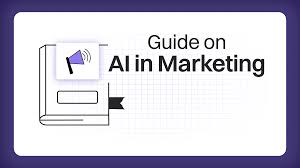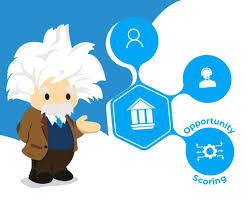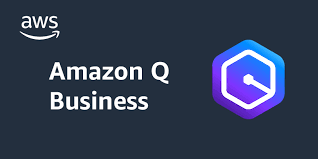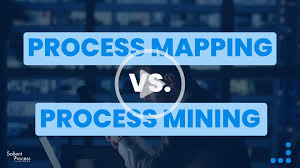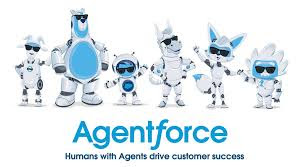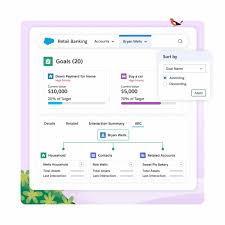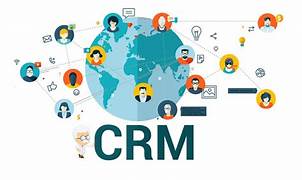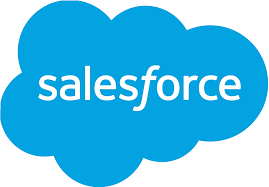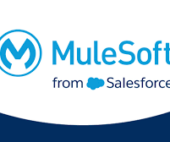Guide to AI in Marketing
The Ultimate Guide to AI in Marketing AI-powered algorithms and machine learning are revolutionizing the marketing landscape by enabling swift processing and analysis of vast datasets. Unlike traditional methods, AI efficiently organizes large volumes of data in real time, redefining how marketing strategies are created and executed. Marketing success hinges on effective data utilization, precise targeting, engaging content, and seamless workflows. AI simplifies these complexities, making them more accessible, scalable, and impactful. Here’s how AI transforms modern marketing. Unleashing AI’s Potential in Marketing AI has become a cornerstone for enhancing customer experiences and boosting marketing productivity. However, to fully leverage AI, it’s essential to understand its capabilities and implementation strategies. Think of AI as your vehicle for uncovering actionable customer insights, optimizing campaigns, and creating tailored customer experiences. While the pace of AI’s evolution may seem overwhelming, this guide will help you take control and confidently drive your AI-powered marketing efforts. Future Trends in Generative AI and Marketing Generative AI is unlocking new possibilities in customer engagement. This guide explores the challenges, advantages, and emerging trends in AI-driven marketing. From attracting customers to maximizing ROI, you’ll discover best practices and real-world examples of successful AI adoption. How AI Works in Marketing AI uses advanced algorithms and pattern recognition to simulate human intelligence in processing data. Through machine learning and deep learning, it identifies trends, predicts outcomes, and automates tasks typically requiring human intervention. Like humans learning from experience, AI improves with practice. It rapidly identifies consumer preferences, behaviors, and purchasing patterns. Two primary types of AI stand out in marketing: These AI types work together—predictive AI extracts insights from data, while generative AI uses those insights to create personalized content and solutions. This synergy enables marketers to automate tasks, segment audiences, and deliver tailored messaging based on individual preferences. AI in Action: Enhancing Customer Engagement AI enables marketers to engage with customers more effectively by: The Power of AI-Driven Marketing Analytics AI-powered analytics revolutionize decision-making by identifying patterns and offering actionable insights. Marketers can use AI tools to: Maximizing ROI with AI AI enables businesses to expand audience reach, improve conversion rates, and enhance customer relationships through personalized content and product recommendations. Its real-time analytics empower marketers to make informed decisions, while automation frees up time for strategic innovation. Navigating Challenges in AI Marketing AI’s potential comes with challenges, including: By prioritizing ethical practices, transparent data policies, and robust compliance measures, marketers can overcome these obstacles and leverage AI responsibly. Best Practices for AI-Driven Marketing To maximize the benefits of AI, marketers should: The Future: AI Copilots in Marketing AI copilots—conversational AI integrated into platforms—are transforming marketing workflows. These tools draft content, provide recommendations, and offer guidance based on CRM data, significantly enhancing efficiency. Looking Ahead: Emerging Trends in AI Marketing Over the next two years, advancements in AI will continue to reshape marketing. Key trends include: By embracing these advancements, marketers can deliver exceptional customer experiences, drive business growth, and stay competitive in an evolving digital landscape. AI is not just a tool—it’s a transformative force. By integrating AI into your marketing strategy, you can unlock unparalleled opportunities to engage customers, optimize campaigns, and propel your organization into the future. Like Related Posts Salesforce OEM AppExchange Expanding its reach beyond CRM, Salesforce.com has launched a new service called AppExchange OEM Edition, aimed at non-CRM service providers. Read more The Salesforce Story In Marc Benioff’s own words How did salesforce.com grow from a start up in a rented apartment into the world’s Read more Salesforce Jigsaw Salesforce.com, a prominent figure in cloud computing, has finalized a deal to acquire Jigsaw, a wiki-style business contact database, for Read more Service Cloud with AI-Driven Intelligence Salesforce Enhances Service Cloud with AI-Driven Intelligence Engine Data science and analytics are rapidly becoming standard features in enterprise applications, Read more

